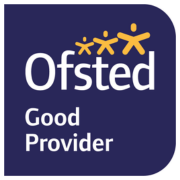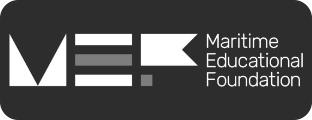It’s that time of year again…
The Slater Scholarship application deadline is fast approaching with no submissions for this intake being accepted beyond 5pm on 23rd April.
These ‘gold standard’ scholarships – administered by the Marine Society on behalf of Nautilus International – offer Merchant Navy seafarers up to £18,500 towards gaining their first officer of the watch qualification or STCW Certification.
Slater Scholarships are available for two years from the date of award and must be started within a year of being awarded. The Fund is available for any experienced seafarer aged 21 and over and permanently residing in the UK.
In order to be eligible, you must have completed ALL the seagoing service required for the certificate you are aiming for.
Successful applicants will be notified by 7th June 2021.
Applications received after this closing date will be given priority for the next intake as below.
Application submission deadline is 12th November 2021.
Successful applicants notified by 10th January 2022.
In these unprecedented times why not take the opportunity to upgrade your certification to the next level and broaden your employment prospects.
We encourage you to visit our Slater Scholarship page for full details on how to apply.
If you are ready to apply now, you can download this application form and return it to us.




.jpg)







